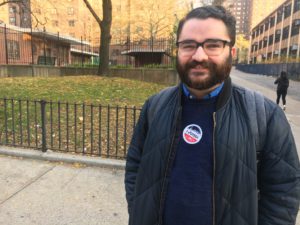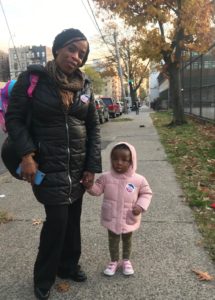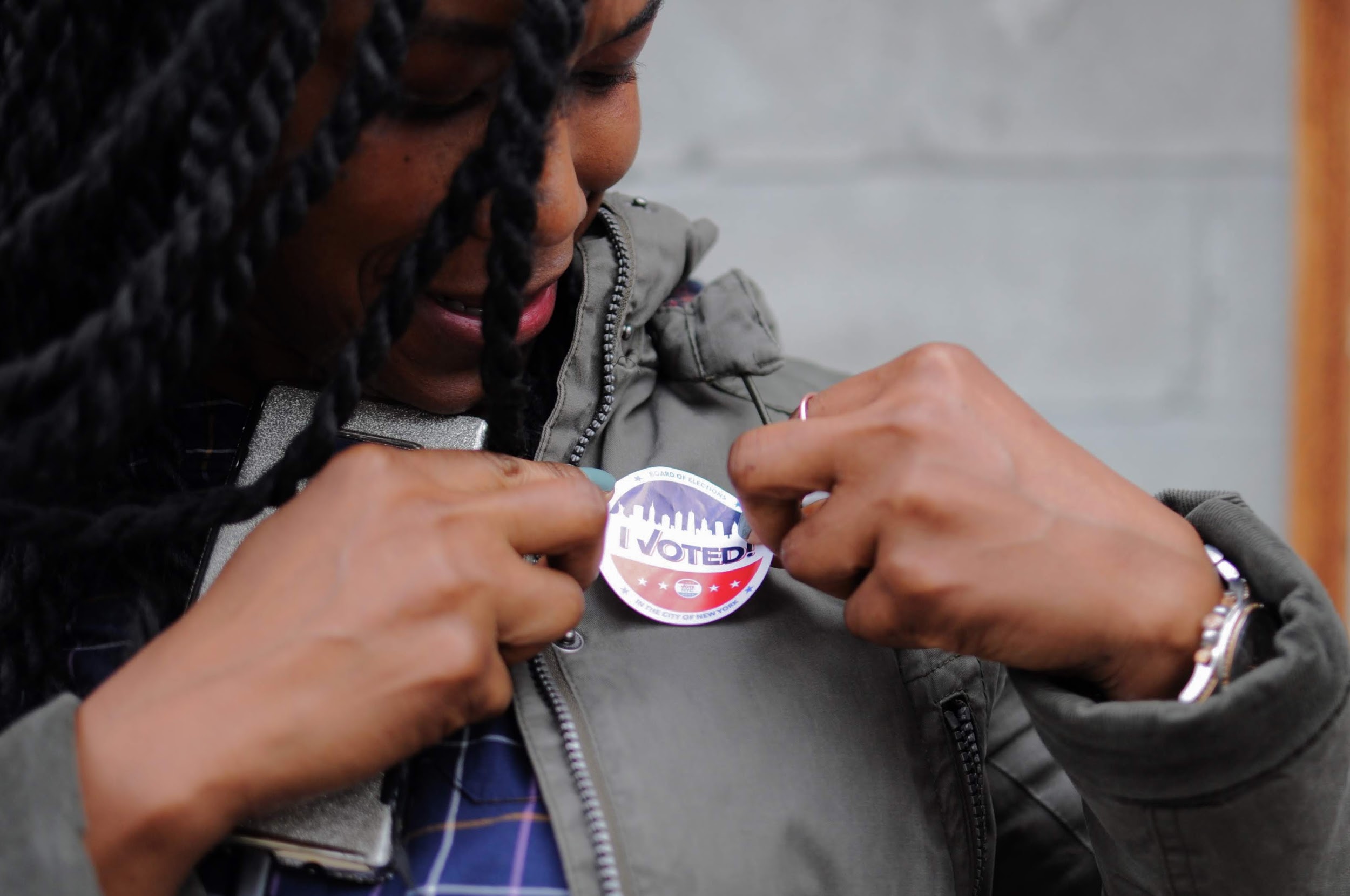On Nov. 5 Bronxites went to the polls to vote on a couple of surefire reelections and a handful of ballot initiatives.
While voters citywide re-elected Jumaane Williams by a wide margin as New York City’s public advocate, Bronx residents helped incumbent District Attorney Darcel Clark cruise to reelection.
Of the initiatives voters were asked to vote on, the one that generated the most enthusiasm locally was a push to reform the way the Civilian Complaint Review Board (CCRB) is structured. The independent oversight organization investigates and rules on complaints of misconduct by the NYPD, but critics have often argued that the board lacks any real power to rein in police abuses.
The measure, which New Yorkers voted for by an overwhelming margin on Tuesday, calls for expanding the board from 13 members to 15, by adding a member appointed by the public advocate, and another by the mayor and city council speaker.
Proponents of the amendment say it will enhance the panel’s ability to investigate officers it suspects lied to them about misconduct. Opponents, however, say it will hamstring police with a third layer of bureaucratic oversight. An independent inspector general in the city’s Department of Investigation and a federal monitor already have oversight of the NYPD.
The Herald/Express visited Mott Haven, Melrose and Longwood polling stations to ask voters what motivated them to cast their ballots.

“I felt the ballot proposal on the CCRB was the most important,” said Kyle DeAngelis, who said he was encouraged by the amount of attention the issue has gotten in the neighborhood. “I know there were a lot of community organizations in support of it.”
Although the Public Advocate race was a forgone conclusion, DeAngelis said he had been eager to cast his vote. “I felt it was really important to show support of Jumaane Williams even though it was likely he was going to win.”
Jamie Colclough, 45, who works as a security guard, voted for the police oversight initiative.
“The biggest issue for me was the right to expand CCRB because we need more leadership and different ideas about what’s going on in the community, to help police the police, to hold them accountable for their actions,” he said.

Raquel Daniels, 32, doubted the measure will help South Bronxites.
“When they say ‘accountability,’ it’s not really for us. It’s something for the suburbs,” said Daniels.
A voter at P.S. 5 was similarly dubious.
“It’s just going to be cops viewing cops,” said James Tyler. “I just don’t think that anything in this system will change too much.”
One city employee said she was skeptical that the small number of voters who turned out understood the issues they were voting on.
“We had to team up to really figure this out,” said Darlene Johnson, 55, adding that the city should focus more on educating the public about what is at stake. “Be more clear, explain it…simplify it a little more, then maybe the communities that struggle and your low-income communities would be able to understand.
“When they hold tenant association meetings those candidates should come out and explain themselves,” she said. “They need to be a little more active and participate in the community gatherings, to show the difference so that they can weigh the pros and cons of what they’re up against.”
Kesidaly Sferin, 19, was frustrated with the offerings on the ballot.
“Honestly, what they’re trying to do with the ballot initiatives isn’t what their main focus should be,” said Sferin. “They should be focusing on the future: making sure the environment is fine, doing something about the crime rate and air pollution.”
Phillip Marcus, 31, was dissatisfied with the lack of choice in the Bronx DA’s race.
“This was a pretty limited election because it came down to the public advocate and district attorney for me–looking at issues of criminal justice reform, which is why I decided to write in a candidate as opposed to voting for someone unopposed,” said Marcus.
“I’m an educator and I thought a lot about my own students and the role that Darcel Clark has played in protecting law enforcement and her policies that disproportionately affect black and brown people,” he added.
Max Balton, Suzannah Cavanaugh, Holly Deaton, Elias Guerra, Brooke Henderson, Will Johnson, Ali McPherson, Parker E. Quinlan, Samantha Shanahan, Jesse Vad and Shehzil Zahid contributed reporting.

